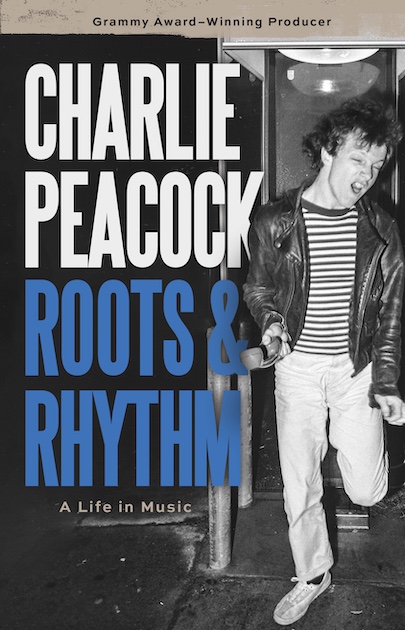Death of an Island
Michael Crummey’s Sweetland is a novel of community, loss, and solitude
Sweetland, by Newfoundland poet by Michael Crummey, is a novel about a fictional island off the south coast of Newfoundland. The place takes its name from the forbears of novel’s seventy-year-old protagonist, Moses Sweetland, whose ancestors settled the island generations back. After cod fishing collapsed in 1992, Sweetlanders sank into a life of simply getting by—they head off to work on the mainland and come back to stock firewood, tend a trap line, drink home brew, patch up to fend off the brutal climate, and garden a little. With no pragmatic reason for anyone to live there, the Canadian government decides to stop supporting the island with ferry, mail, wi-fi, and utility services. All residents receive generous resettlement offers, but they’ll all get nothing unless every last one of them agrees to vacate.
 The last holdout, Moses, refuses, earning the enmity of most of his neighbors. He can’t explain this position himself: “He’d tried to parse out an argument in his head for a while, but every attempt to name what he was holding onto made it seem small, almost ridiculous.” Still, his reaction should not have surprised anyone. A stubborn old bachelor, notoriously reticent, he has lived a hard life, working at tedious or grueling jobs, and brutally scarred from an accident. Under that tough surface, however, is a smart man with a strong sense of responsibility and a few well-covered soft spots for the people in his life, notably his niece’s autistic son, who talks to Moses’s long-dead brother.
The last holdout, Moses, refuses, earning the enmity of most of his neighbors. He can’t explain this position himself: “He’d tried to parse out an argument in his head for a while, but every attempt to name what he was holding onto made it seem small, almost ridiculous.” Still, his reaction should not have surprised anyone. A stubborn old bachelor, notoriously reticent, he has lived a hard life, working at tedious or grueling jobs, and brutally scarred from an accident. Under that tough surface, however, is a smart man with a strong sense of responsibility and a few well-covered soft spots for the people in his life, notably his niece’s autistic son, who talks to Moses’s long-dead brother.
The other neighbors and family members are a bizarre assortment of folks. Their peculiarities and antics, sometimes funny, sometimes mean and dark, reflect the difficult environment—people living in such a place are bound to grow strange—and the impending upheaval of relocation. Long-buried scandals (a suicide, a local pastor’s affair) eventually leak out, and tragedies ensue. Moses’s memories turn into dreams and increasingly believable hallucinations as he hangs on to his ancestral home.
Crummey has an ear for the language of his native Newfoundland and an eye for the details of life there, skillfully blending the real particulars of Moses’s day-to-day existence with his dream-like memories. And episodes in the island’s fictional history, such as a boat of Sri Lankan refugees that Moses rescues, work to create an authentic island community. Crummey also has a poet’s gift for language and imagery: “Voices in the fog, so indistinct they might be imaginary,” he writes in the novel’s opening sentences. “An auditory hallucination, the mind trying to compensate for a sensory lack.” This lyricism becomes increasingly effective as Moses Sweetland’s struggles intensify and reality recedes in the book’s gripping conclusion.

Ralph Bowden, who holds a Ph.D. from the University of North Carolina, has worked as an electrical engineer, history professor, home builder, alternative-energy consultant, and technical writer. A former resident of both Knoxville and Chattanooga, he lives in Cookeville.


